The strange issue: Why does poetry say goodbye to our heads, but not to our arms and legs?
One of the biggest fears of many people with age is losing all the hair on their heads. Males tend to lose their hair and become bald much faster and more frequently than females.
Show key points
- Hair loss on the head, especially in men, is significantly influenced by genetics and hormones like dihydrotestosterone (DHT), which affects scalp follicles more aggressively over time.
- While head hair often becomes visibly thin or goes bald with age, body hair also sheds regularly, but it’s less noticeable due to its shorter length and lighter density.
- Human evolution favored less body hair and retained head hair mainly because the scalp needs protection from sun exposure and overheating.
- ADVERTISEMENT
- The growth cycle of hair involves phases where follicles grow hair, rest, shed, and repeat the process, with head follicles having a limited number of these cycles.
- Despite common belief, body hair is not permanent and undergoes the same growth-shedding cycle as head hair, but its loss generally goes unnoticed.
- Baldness is often perceived as an unfair biological issue, yet it results from complex genetic programming and hormonal changes linked to both age and gender.
- Although treatments for baldness are popular and widely sought after, complete balding of the entire body is extremely rare and takes a significantly long time to occur.
Baldness treatments and prevention have therefore become a major industry.
However, the rest of the hair on our bodies does not seem to suffer the same fate: most old men have hair on the arms, hair on the legs, and everywhere else even though the hair on their heads has disappeared for a long time. Why is there such an unfair balance in men?
The truth is that humans lose body hair, but based on different genetic, physical, and chemical processes in the body, it's usually hard for us to notice!
A Brief History of Human Poetry
Recommend
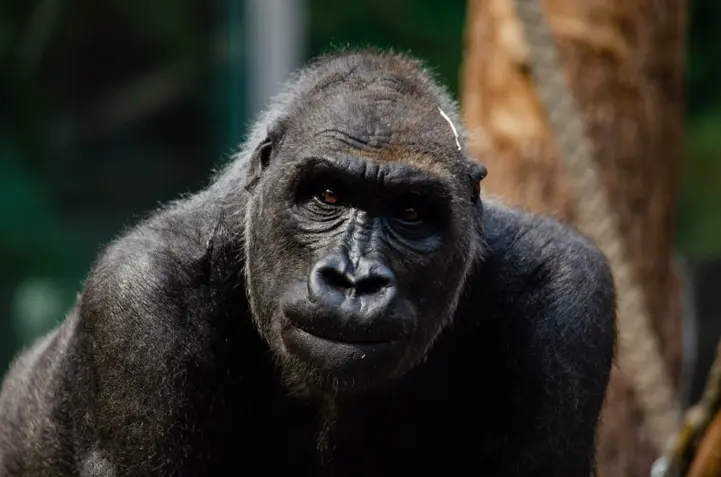
Human evolution from primates (monkeys), mammals just like us, and it's important to remember that all mammals are covered in body hair (mostly fur-shaped). However, humans are not covered in fur for a number of reasons, namely that it makes it difficult to cool the body, as our ancient ancestors, who traveled long distances (perhaps during constant hunting) in the hot summer sun, needed a way to cool their bodies as they moved. Sweating is the most effective form of doing this, and it occurs in the skin obscured by the fur. Thus, man evolved to meet his mobile needs through the loss of fur over generations.
However, primates and other mammals suffer from weak or hair loss, and in some primate species, they suffer from something like baldness.
Why do we have hair on our heads?
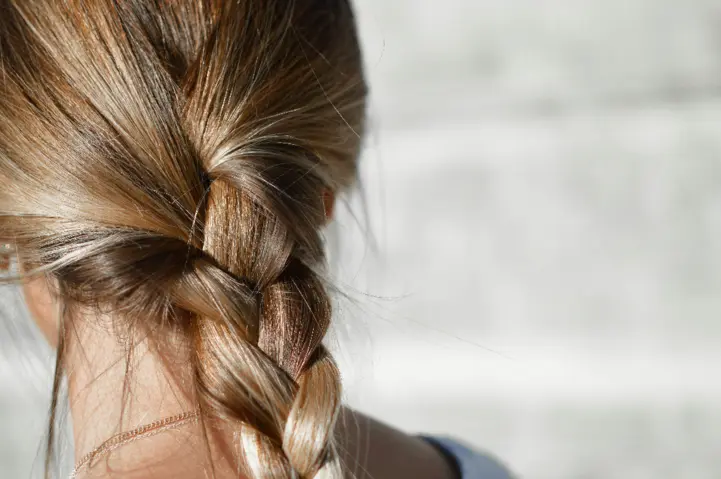
Hair on the human head has been around for millions of years for a different reason. Since the head is the part of the body most exposed to sunlight, the hair protects the scalp from excessive heat, and also reflects a lot of UV rays away from the head. The hair on top of the head is slightly different from that at the sides of the head or in the rest of the body, and we will cover this in the next section...
Why do we lose our hair?
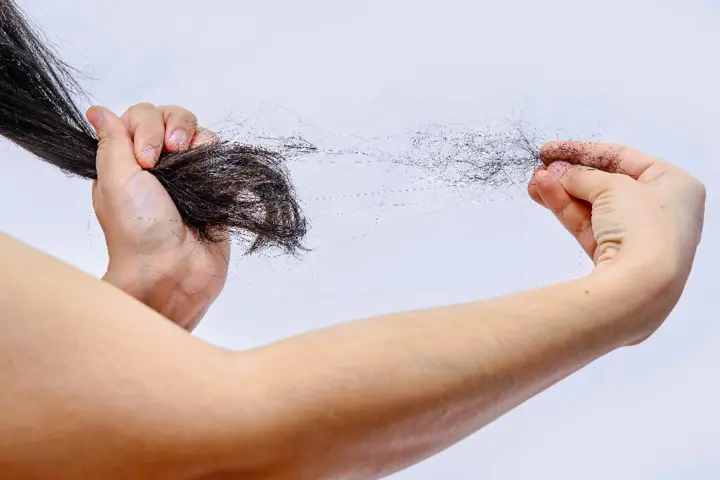
The hair follicles on our head go through what are known as growth cycles, where hair grows and extends from one site for 5-7 years. At this point, the hair will stop growing and then fall out, and then "this follicle takes a break for a while, before restarting the whole process. Most hair follicles can go through a few of these growth cycles over a lifetime.
Scenario "no hair on the head".
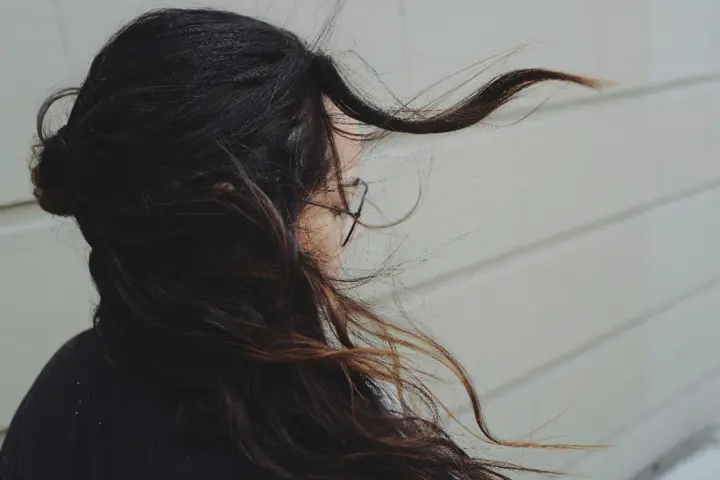
There is strong evidence that genetics determines the longevity of your hair, a topic closely related to DHT which stands for dihydrotestosterone, a powerful sexual steroid. Testosterone actually turns into DHT when we begin to age and mature because this steroid is important for male sexual development, libido, reproduction, etc. However, DHT affects the hair follicles at the top of the head, essentially altering the protein composition, thus leading to those follicles closing prematurely. That's why many men suffer from male pattern baldness; but that doesn't mean we continue to produce dihydrotestosterone as we get older; in fact, the amount in our bodies peaks in our twenties and early thirties, but our hair becomes more sensitive to the effect of the steroid over time. The sex-related characteristic of baldness (genetically present on the X chromosome) appears to be derived from the genetic makeup of our mothers' father.
What's frustrating is that body hair never seems to fall out, but some people try everything they can to hide their baldness – from silly wigs to experimental hair growth products. Now, the keyword is "it seems." You've probably noticed that most of the hair on your body grows to a certain length and then stops, which is why you'll never need to cut your forearms! This has led to the belief that body hair is permanent, but in reality, we lose body hair at the same rate as we lose hair on our heads, if not more!
All hair follicles eventually grow and stop working
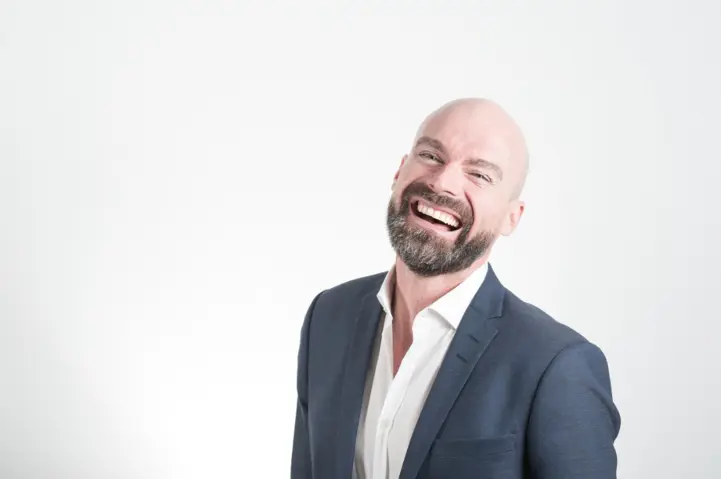
The difference is that body hair is small, less dense and spreads throughout the body evenly. In other words, when we lose body hair, it is very difficult to notice, and the growth cycles of body hair follicles are also unlimited. Body hair grows to a certain length, stops, then falls out, and grows back. You may find long locks of hair in your brushes and feel afraid of getting older, but you're probably losing about 100 hairs from your body every day too, but you don't worry about it as much as you worry about your empty scalp!
All hair follicles eventually age and stop working, which is why body hair becomes thin over time, but this process is much slower in body hair follicles than in the head, based on their slightly different protein structure and the diversity of their vulnerability to environmental and steroid factors. It's highly unlikely that you will live to the point where you become completely bald from head to toe, but if you live long enough, it can happen!








